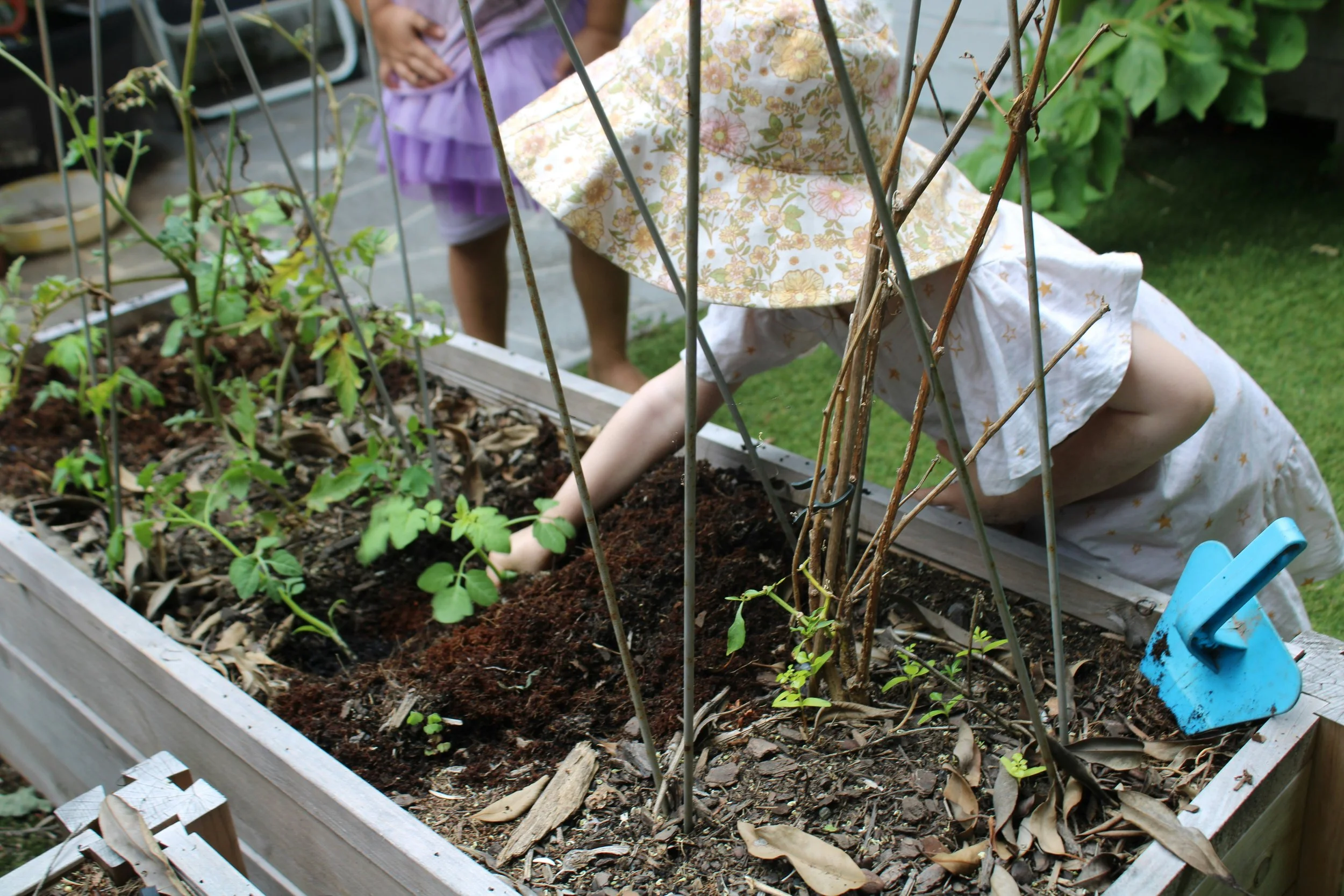Beyond Labels: Creating a Homeschool Environment Where Neurodivergent Kids Shine
Imagine this: Your child comes home from school with yet another note about being “distracted,” “not following directions,” or “falling behind.” You know your child is bright, creative, and full of potential, but the school system only sees a label.
For too many families, this is reality.
But here’s the truth: a label is not a limit. And homeschooling gives you the freedom to prove it.
✨ From Label to Light
Neurodivergent kids—whether diagnosed with ADHD, autism, dyslexia, or other learning differences—are often defined by what they struggle with instead of what they excel at.
In traditional classrooms, their curiosity may be seen as distraction, their creativity as misbehavior, and their need for movement as a “problem.”
But when you bring learning home, everything changes. Homeschooling allows you to build an environment where those same traits become strengths.
That “constant talking”? A gift for storytelling or debate.
That “endless energy”? Perfect for hands-on projects or science experiments.
That “out-of-the-box thinking”? The foundation of innovation.
👉 At home, your child is not a diagnosis. Your child is a learner.
🌱 What Makes Homeschool Different?
Instead of asking, “How do I make my child fit this system?” you get to ask:
“How can I make this system fit my child?”
Here’s how homeschooling shifts the game:
Flexibility: Lessons can be done on the couch, outside, or at the kitchen table—with breaks when needed.
Personalized Education: You can match activities to your child’s strengths. A visual learner can use charts and videos; a kinesthetic learner can build and create.
Project Based Learning: Instead of memorizing facts for a test, your child can do—build a volcano, design a budget, write a comic book, or plant a garden.
Homeschool is not about slowing down or lowering expectations. It’s about teaching in ways that finally make sense for your child.
Photo by Renee Mitchell on Unsplash
💡 A Real Example
Let’s say your child loves animals but struggles with math. In homeschool, you can design a project based learning unit around building a pet care business.
Math: calculate costs for food, cages, and pricing
Writing: create ads or stories about pets
Science: study animal biology and habitats
Art: design a logo or flyer
Suddenly, math isn’t a dreaded worksheet. It’s part of a project that feels alive, connected, and fun.
That’s the power of homeschooling for neurodivergent learners.
🌟 HomeschoolToGo: Built for Real Kids
At Homeschool To Go, we believe education should feel human, not standardized. That’s why we design curriculum that:
✅ Encourages personalized education through flexible activities
✅ Integrates project based learning in every unit
✅ Adapts to diverse learners, including neurodivergent kids
✅ Helps parents feel supported, not overwhelmed
We also offer a free Multiple Intelligences Test to help you discover how your child learns best—because the first step to teaching well is understanding the learner.
🎯 Final Thoughts
Your child is not “too much.” Your child is not “behind.” Your child is not a label.
With homeschooling, you have the freedom to create a space where they can explore, grow, and shine—exactly as they are.
👉 Ready to rethink what education can look like?
Watch our FREE Masterclass and start building a homeschool journey that celebrates your child’s unique brilliance.
Because when we move beyond labels, kids don’t just learn, They thrive. ✨
Photo by La-Rel Easter on Unsplash
💬 Parent Testimonial: “Homeschooling Gave My Son Back His Confidence”
"Before we started homeschool, my son Jonah came home from school every day with his head down. His teachers said he was ‘disruptive’ and ‘unfocused.’ He began to believe he was a problem.
The truth is, Jonah just learns differently. He needs to move, to build, to do.
When we transitioned to homeschooling, everything shifted. Instead of worksheets, we built science projects. Instead of long lectures, we read stories together and acted them out.
For the first time, Jonah didn’t feel broken, he felt brilliant. His curiosity came alive, and with it, his confidence.
Homeschooling gave him something school never could: the freedom to be himself and the tools to thrive.”
— Sarah, HomeschoolToGo Parent




